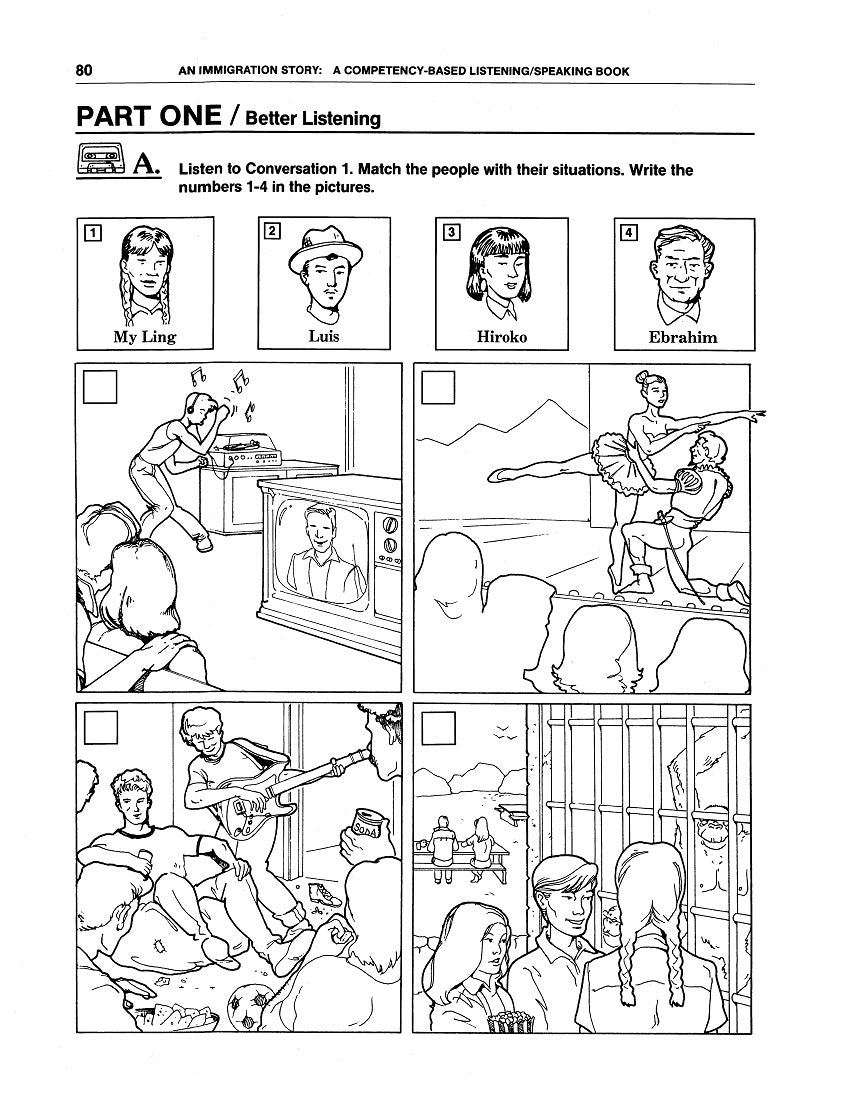1
/
of
1
Work/Life English
E-06.07 Get Ready for (What Used to Be) “Fun.” Make & Follow Suggestions
E-06.07 Get Ready for (What Used to Be) “Fun.” Make & Follow Suggestions
Regular price
$3.00 USD
Regular price
Sale price
$3.00 USD
Unit price
/
per
English in Everyday Life: An Immigration Story
WorkLife English: Competency-Based Listening/Speaking, Book 3; Chapter 7: Recreation & Entertainment
11 +3 = 14 pages
Who It’s For: (Teachers & Helpers of) (Intermediate & Beyond) Language Learners Ready to Explore Recreational Possibilities While Interacting with Small Talk & Suggestions
Why It’s Useful: Even though Talk about what to do for fun follows the same formats with similar pedagogical goals as more ponderous exchanges, it may provide some relief from stressful concentration. Here are recorded Audio segments, text exercises, and interactive activities that may sound like “Small Talk” about interests—with relaxed (simulated) advertising about typically available pastimes.
What You’ll Do:
[1] The main Competency (“practical ability for text users to acquire”) displayed in the Chapter 7: Opener Is “Making Small Talk,” a skill that often results in “Making & Accepting (Casual) Suggestions.” Some of the useful Grammar that comes up is Impersonal It vs. There plus Infinitives (to Verb).
[2] Listening Better in Part One, participants hear about how newcomers with(out) families or money might choose to spend their free time. Some of the amusements mentioned are zoos, parks, picnics, sports events, museums, movies, people-watching, concerts, television, and so on. Informal expressions to attend to include kind of, stuff like that, it seems like, even / just, lots of, etc. Clear Speech practice in Part Two highlights contrasts between Voiced vs. Voiceless Sibilants like / v f D T m n N / in initial, medial, final word positions. There are also “two-word verbs.”
[3] What’s considered Good Communication in Part Three? It’s the ability to “make small talk” about recreational interests, to suggest things to do together, and to respond constructively. (Learners get to do these things with classmates & others.) Part Four: Practical Listening segments consist of simulated Recordings & Radio Announcements to “take action on”—within and “Beyond the Book.”
The relevant printed AudioScript material clarifies what text users may not have heard accurately or want to check on. They can also compare their responses to those in an Answer Key for Text Exercises.
Couldn't load pickup availability


